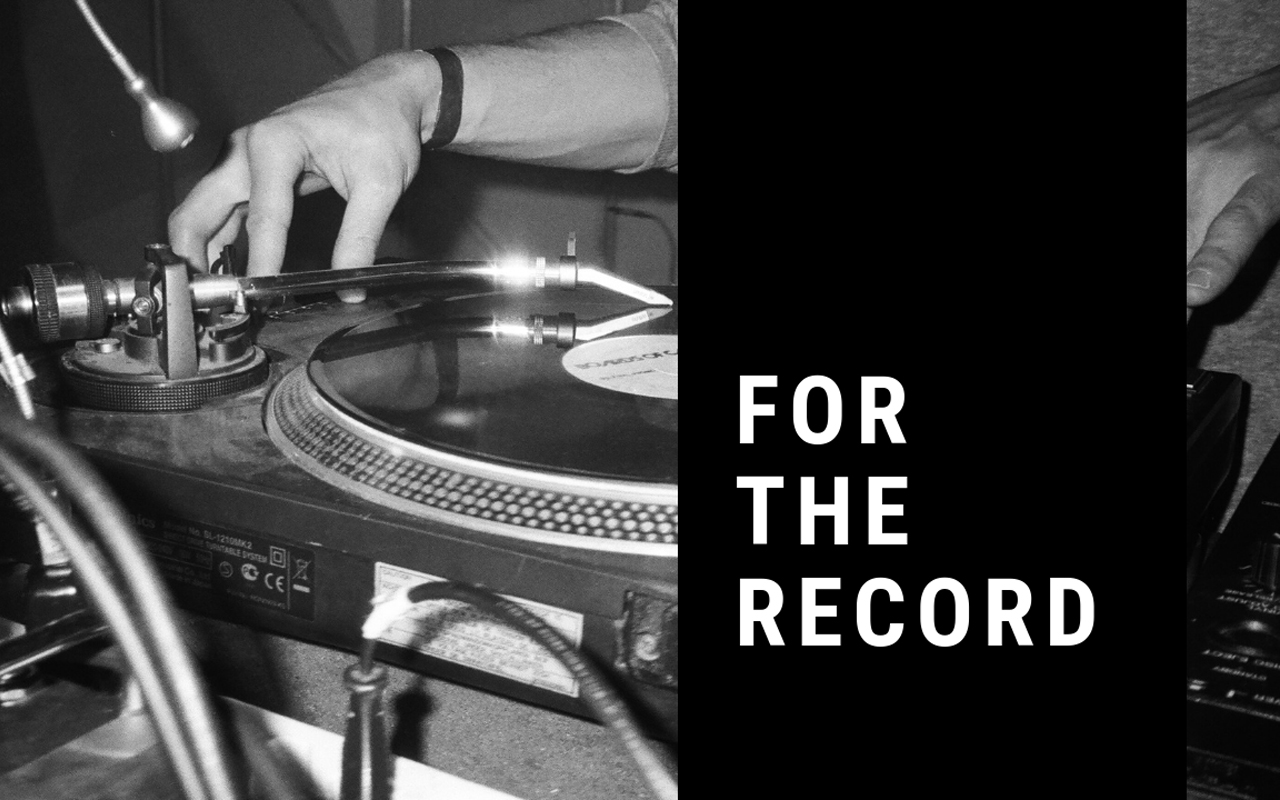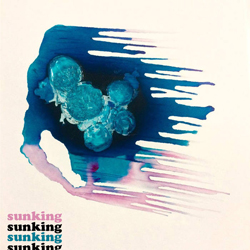

sunking
sunking
self-released
Up-and-coming contemporary jazz fusion co-conspirators Rob ‘bobbygrooves’ Granfelt and Antoine ‘sous chef’ Martel collaborate with a shared common sentiment: that the human spirit is an untapped resource of continuous creative energy.
“Sunking is trying to explore the notion that everyone is an endless well of creativity, ideas and expressions,” explains sunking co-producer, drummer, and percussionist Rob Granfelt.
Harnessing that energy is easier said than done, but sunking’s self-titled debut exudes an abundance of uncaged creative accomplishment. Choosing to explore alternative avenues of improvised composition, Granfelt and Martel have developed a somewhat organic approach to electronic music production.
Each song starts with an improvised unaccompanied drum take, which establishes the time signature and duration of each piece. A light layering of riff-inspired chord structure is introduced, and the composition begins to take on a melodic form. Atmospheric soundscapes, chic bass-lines, reverberating guitars, and electronic keyboards; these are cautiously added or subtracted, tweaked and redacted, making sure each piece is balanced and minimal, full of space and groove.
“SEA 2016,” the albums first of twenty-three sprawling musical vignettes, kicks off with sparse and sporadic drum fills, accompanied by an intensifying singular drone that eventually crescendos into an avant-garde free-for-all of sorts. This sets the tone for the rest of the record, weaving back and forth between synthesized cinematic excursions, ambient chill-wave, and the hypnotic repetition of early hip-hop. The result is a non-linear, laid back instrumental mix-tape, firmly rooted in the exploratory nature of experimental jazz.–Gus Marshall